PROS AND CONS OF ROSE GOLD
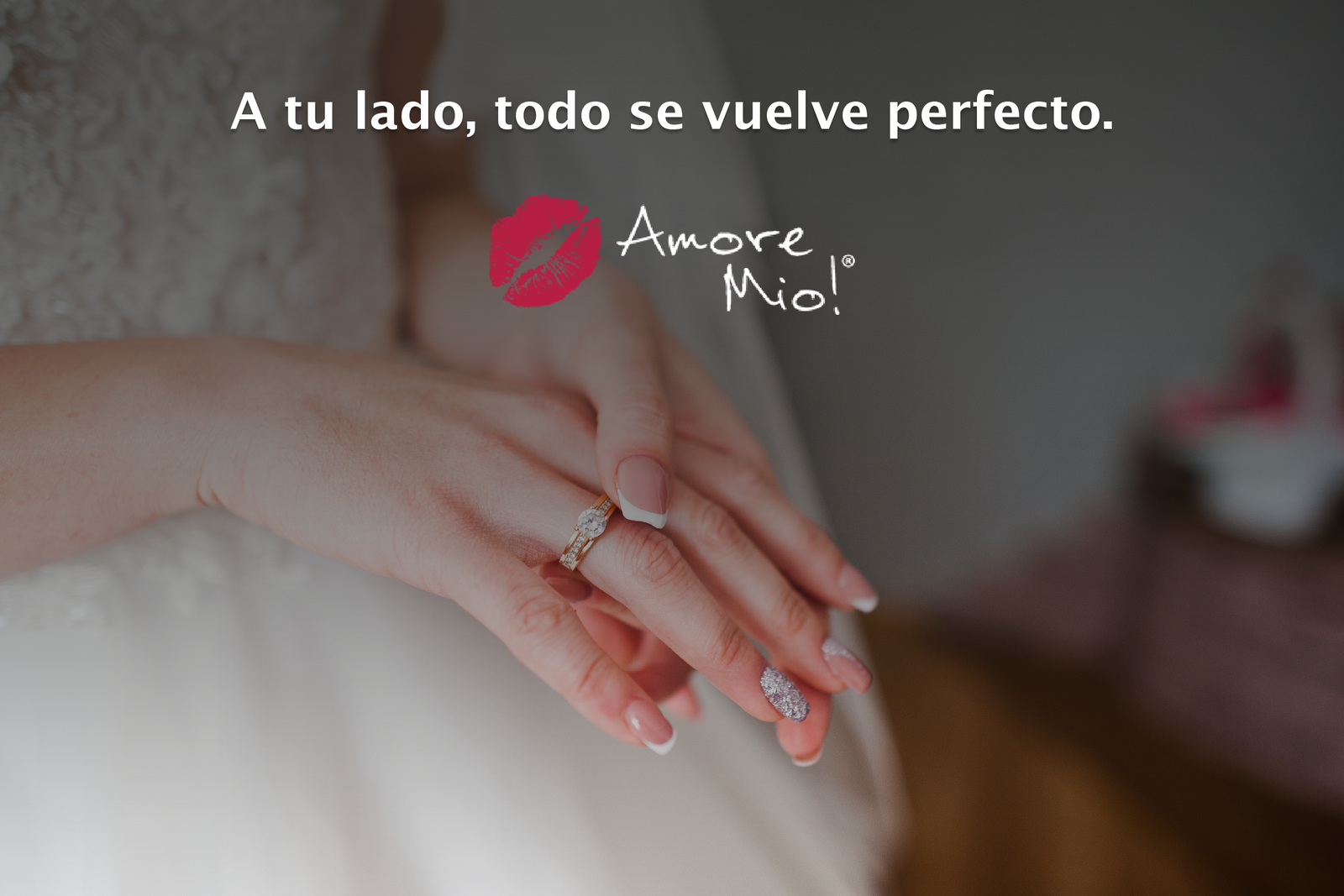
Rose gold has become a favorite choice for engagement rings and wedding bands, especially among young couples looking for something unique, elegant, and romantic. Its warm, soft hue makes it stand out from classic yellow and white gold. But like any important choice, it also has its nuances. In this blog, we'll tell you the main pros and cons of rose gold.
Rose gold, originally known as "Russian gold," emerged in 19th-century Russia, where it was widely used in fine jewelry and imperial coins. Although its popularity declined in the 20th century, it has experienced a notable resurgence in recent decades, positioning itself as a modern and sophisticated option in jewelry design. This metal, an alloy of pure gold and copper, stands out for its warm and elegant hue, making it an attractive alternative to yellow and white gold, especially in pieces such as engagement rings and wedding bands.
Pros of rose gold
Durability: Rose gold stands out for its superior durability compared to yellow or white gold, thanks to its copper alloy. This strength makes it a practical and durable option for engagement rings designed for everyday wear.
Price: It's the ideal option if you're looking to stay on a budget. Unlike platinum, which can be up to 50% more expensive.
It's versatile: It flatters both warm and cool skin tones and pairs with a wide variety of gemstones, from classic diamonds to colored gemstones, making it an adaptable choice for any ring style.
Requires less maintenance: Unlike white gold, rose gold does not require rhodium plating to maintain its color or shine, which means less maintenance and a long-lasting appearance.
Cons of rose gold
Not hypoallergenic: Because it contains copper in its alloy, rose gold is not hypoallergenic, which can cause allergic reactions for people with sensitive skin.
It's hard to find: Unlike white or yellow gold, rose gold can be a little harder to find, especially if you're looking for a very specific design.
Color: Although rose gold doesn't oxidize, it may show slight color changes over time due to the copper in its alloy. If you notice any changes, it's best to consult your jeweler.




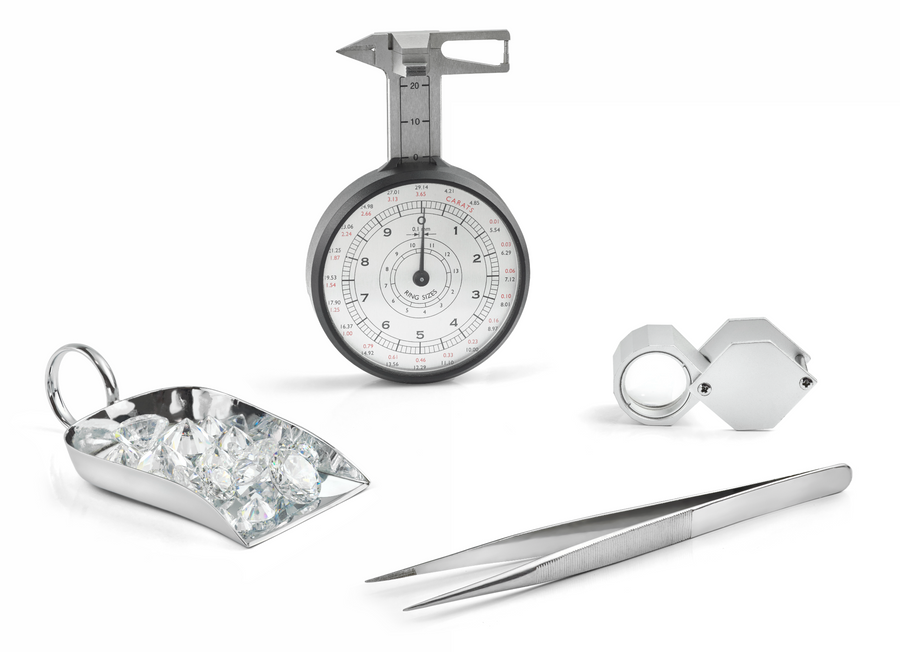
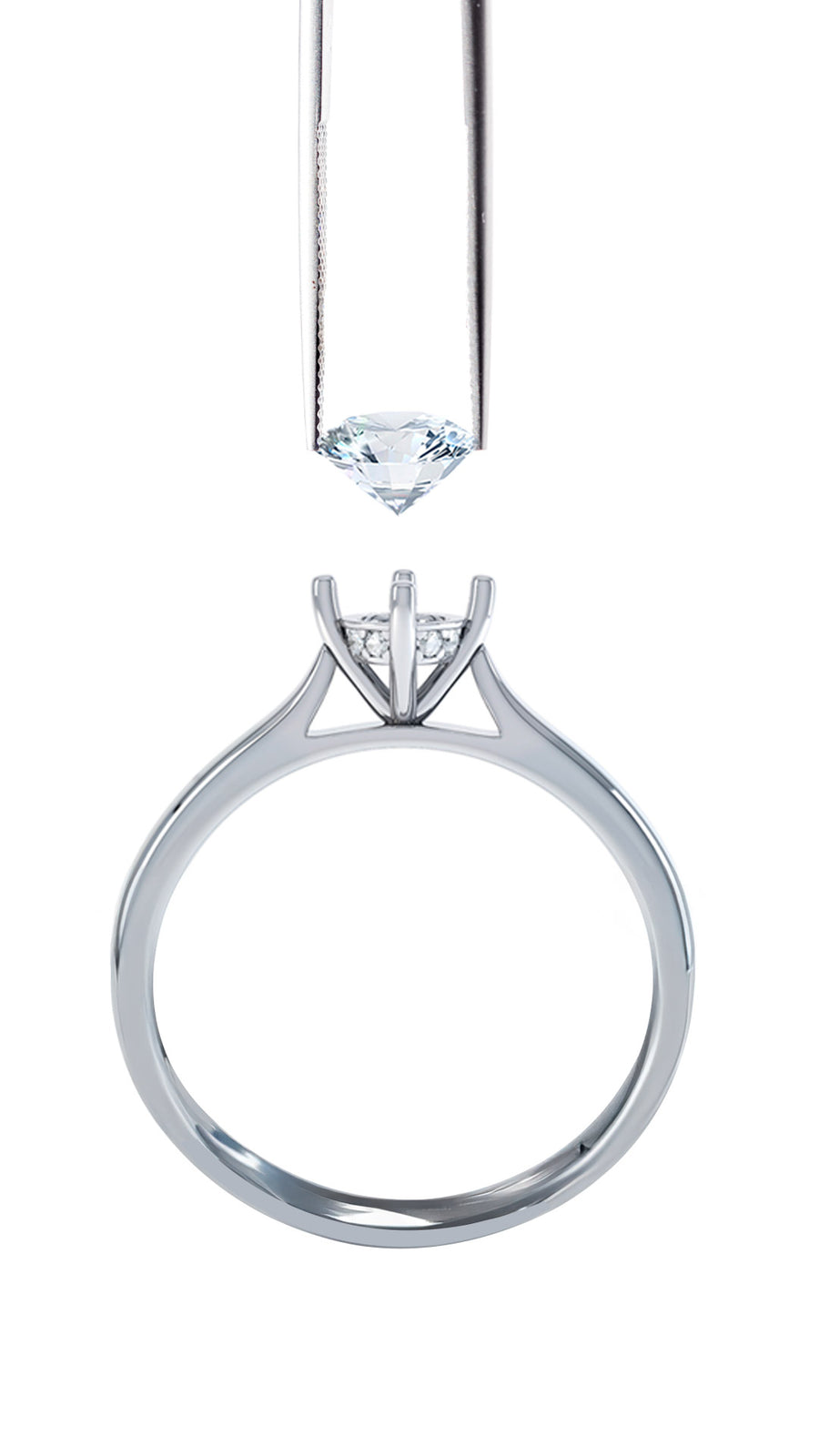
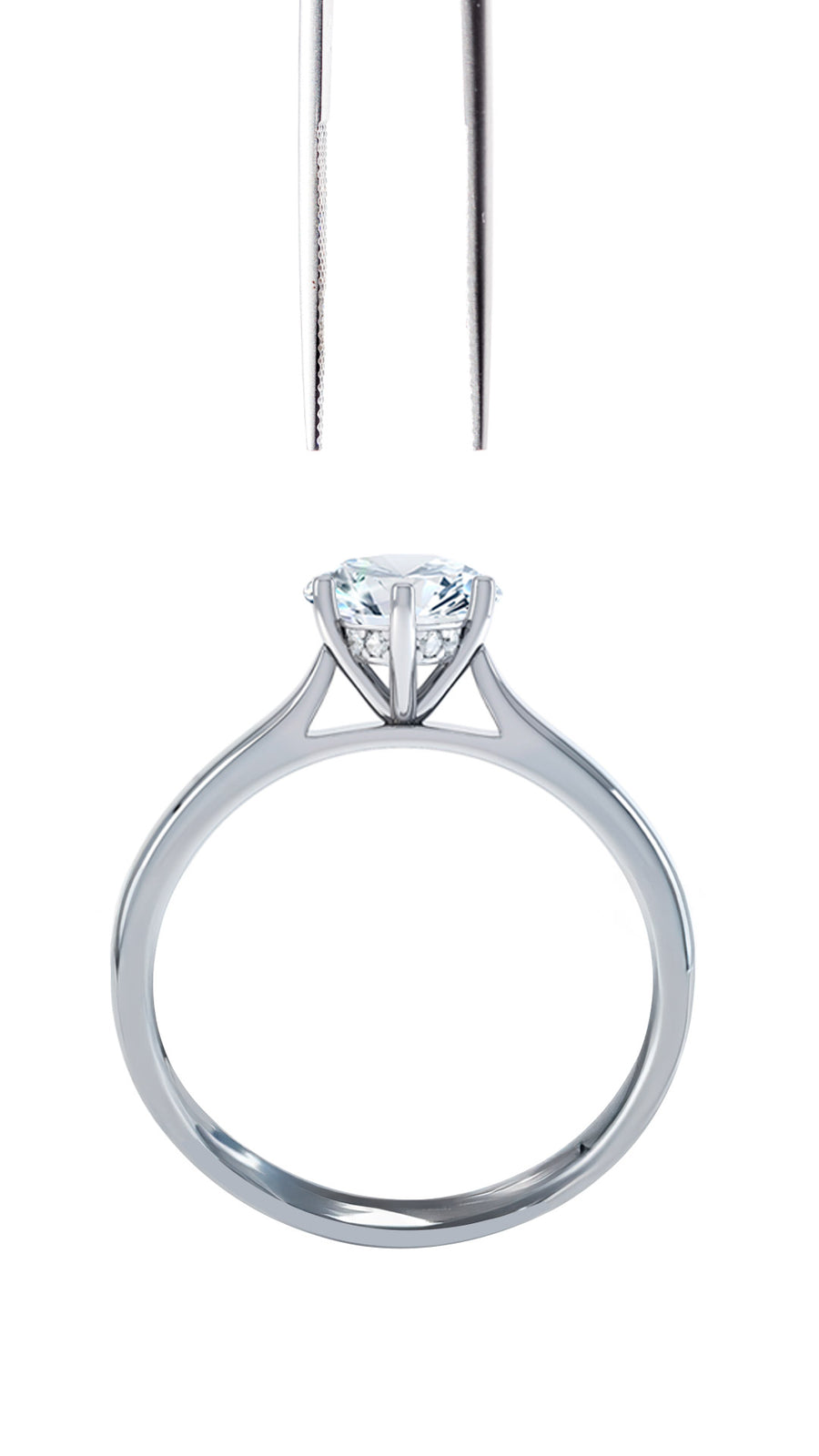
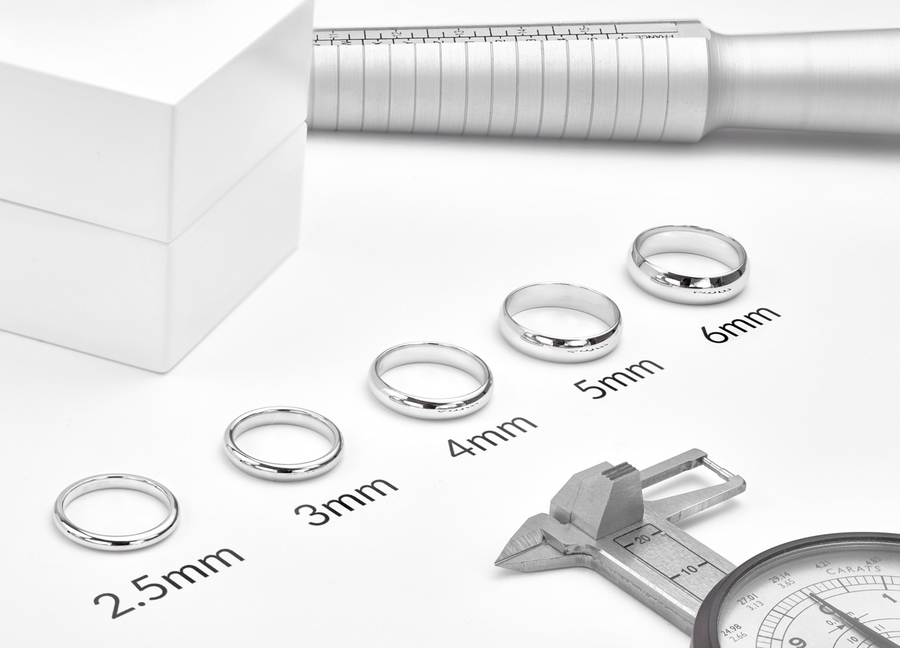
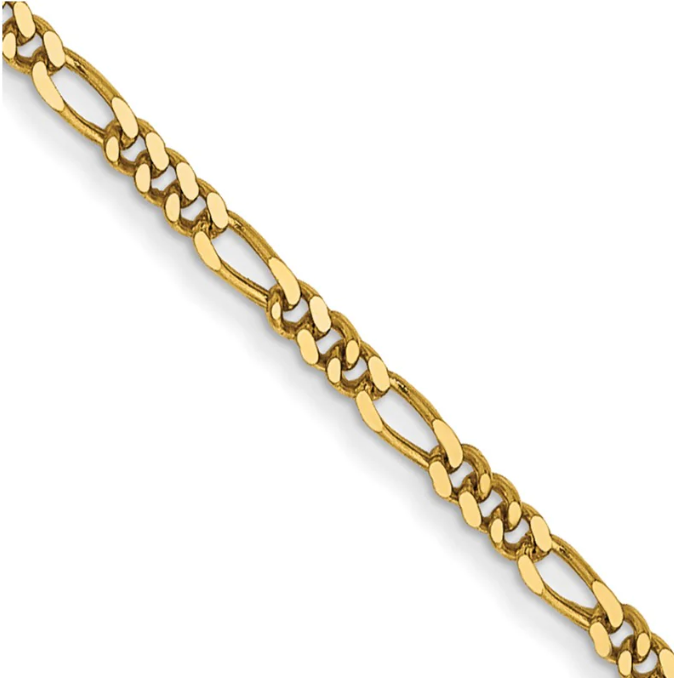
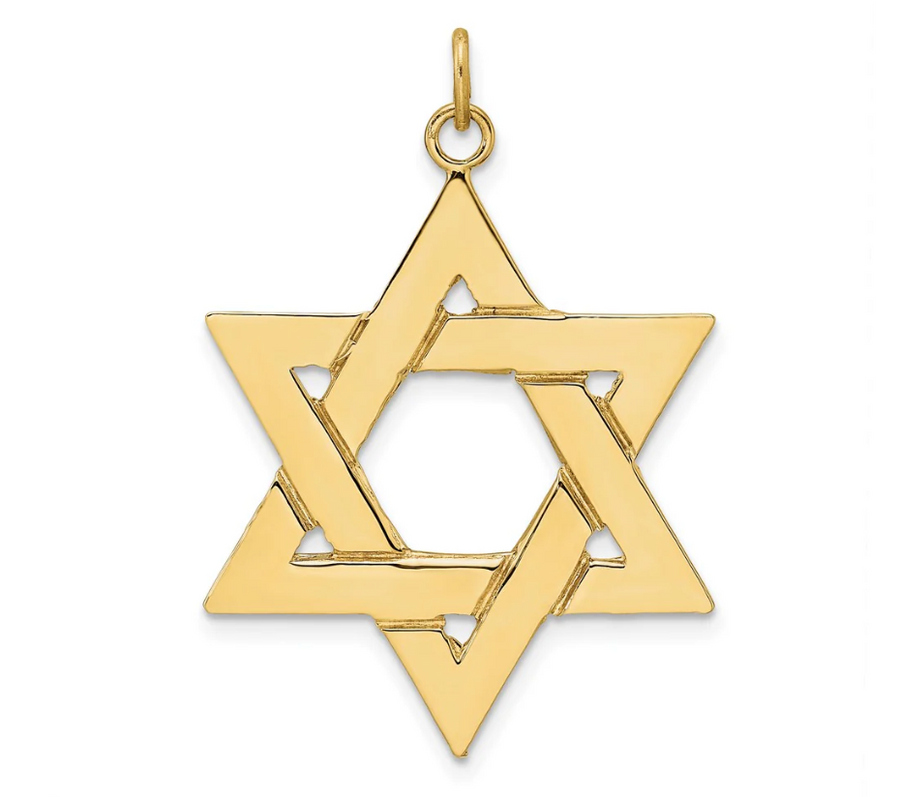
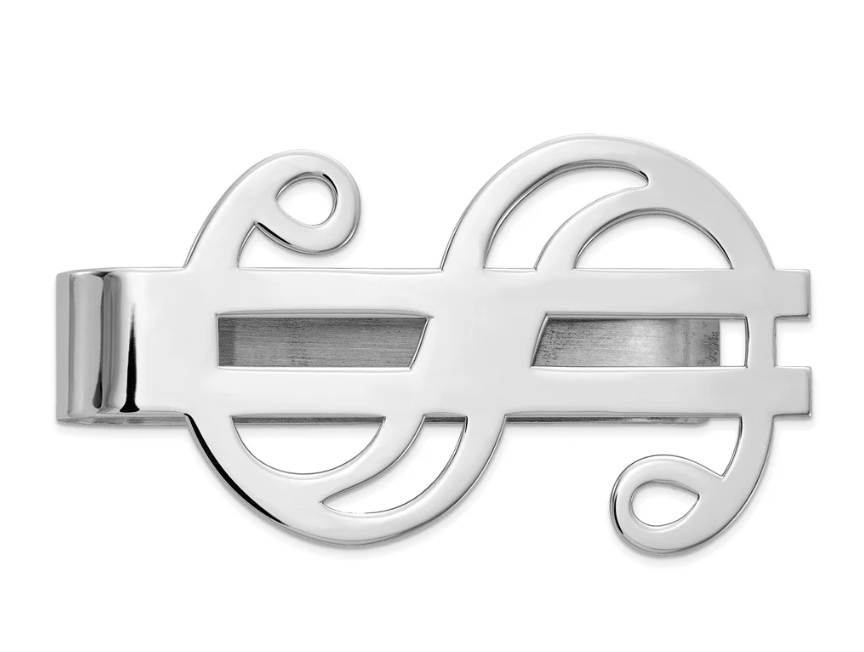




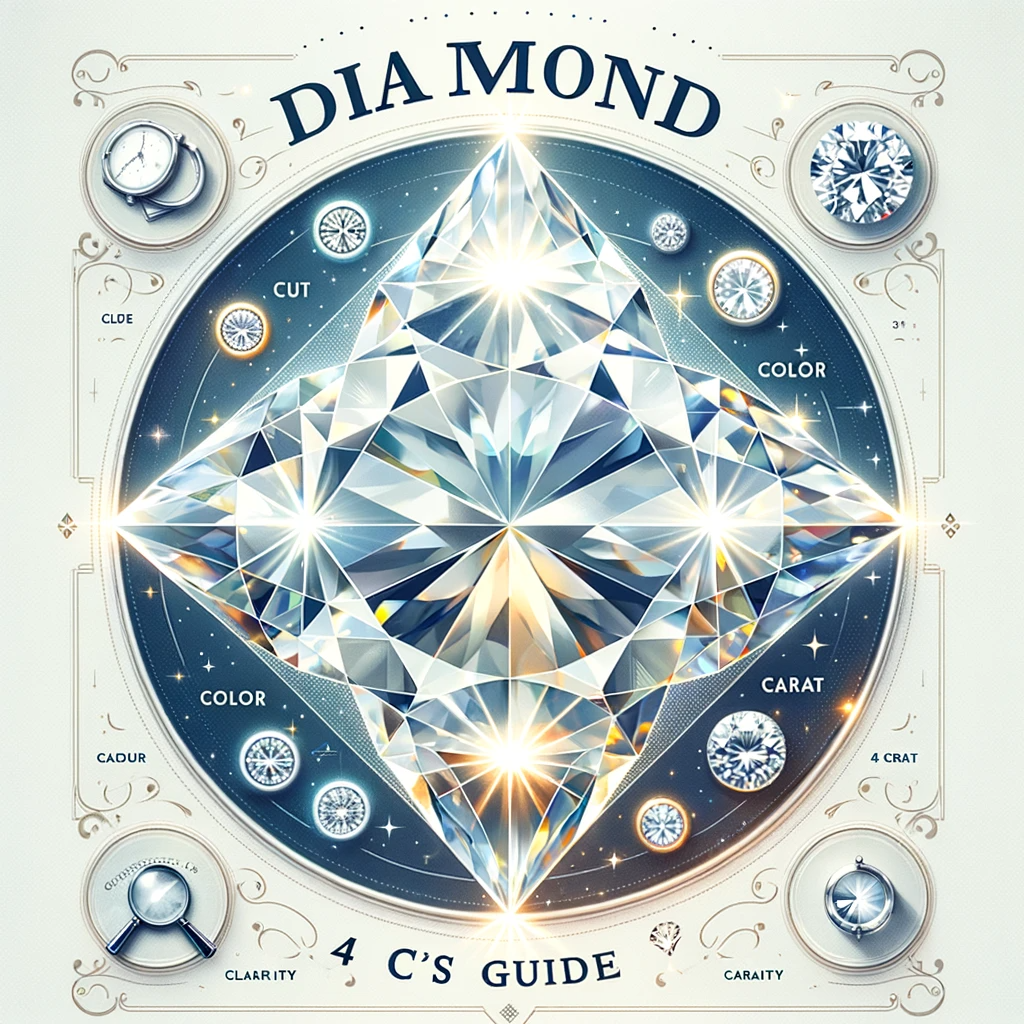

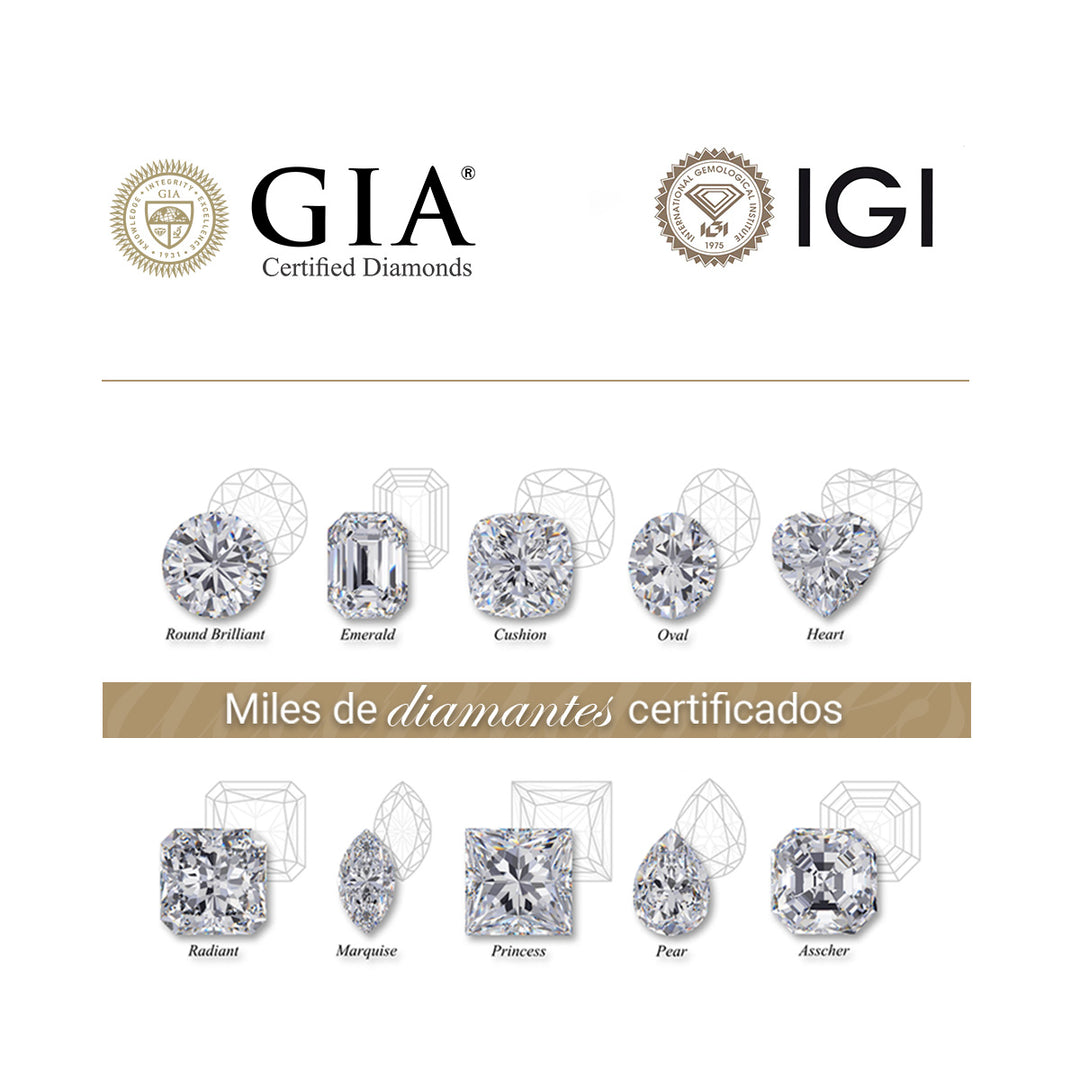
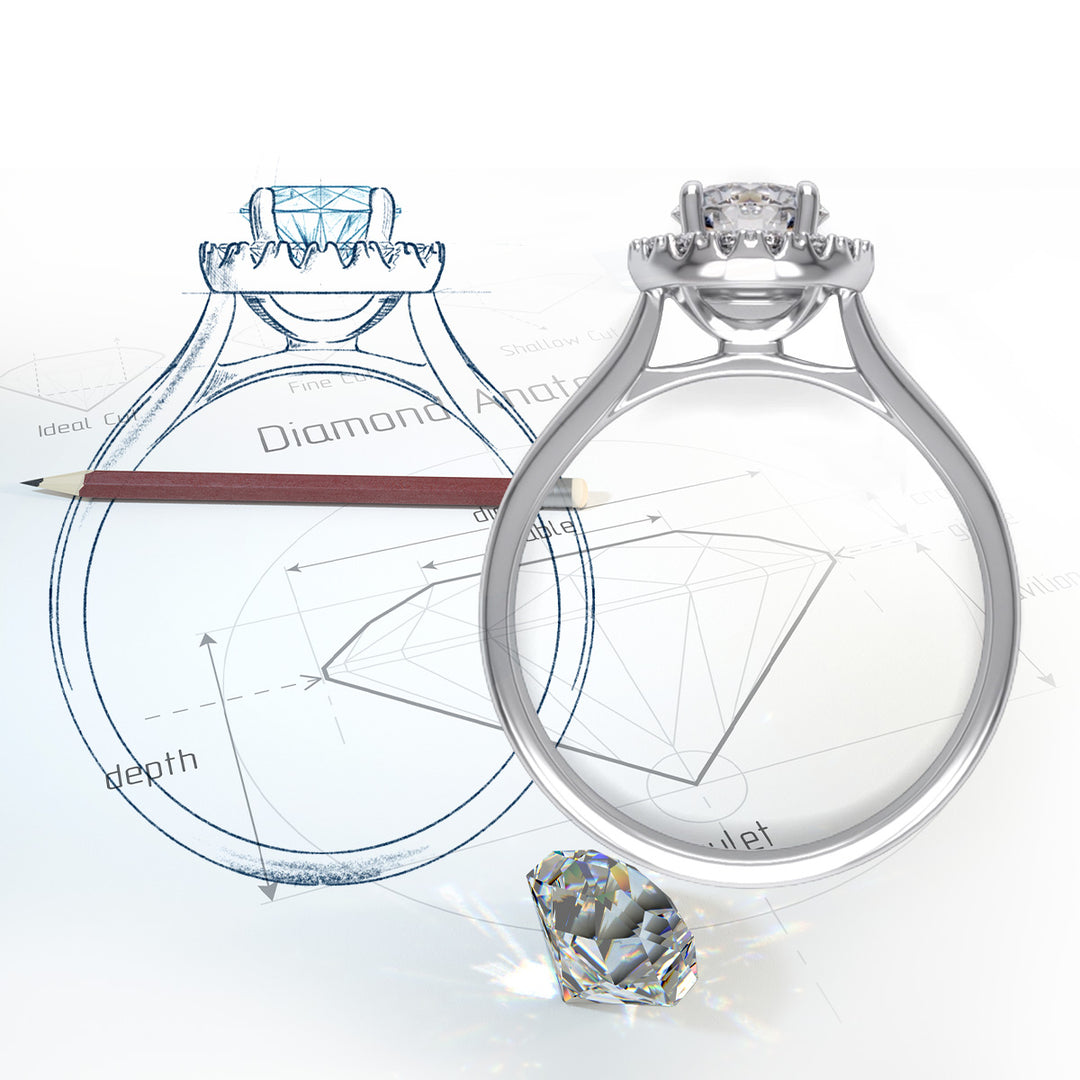
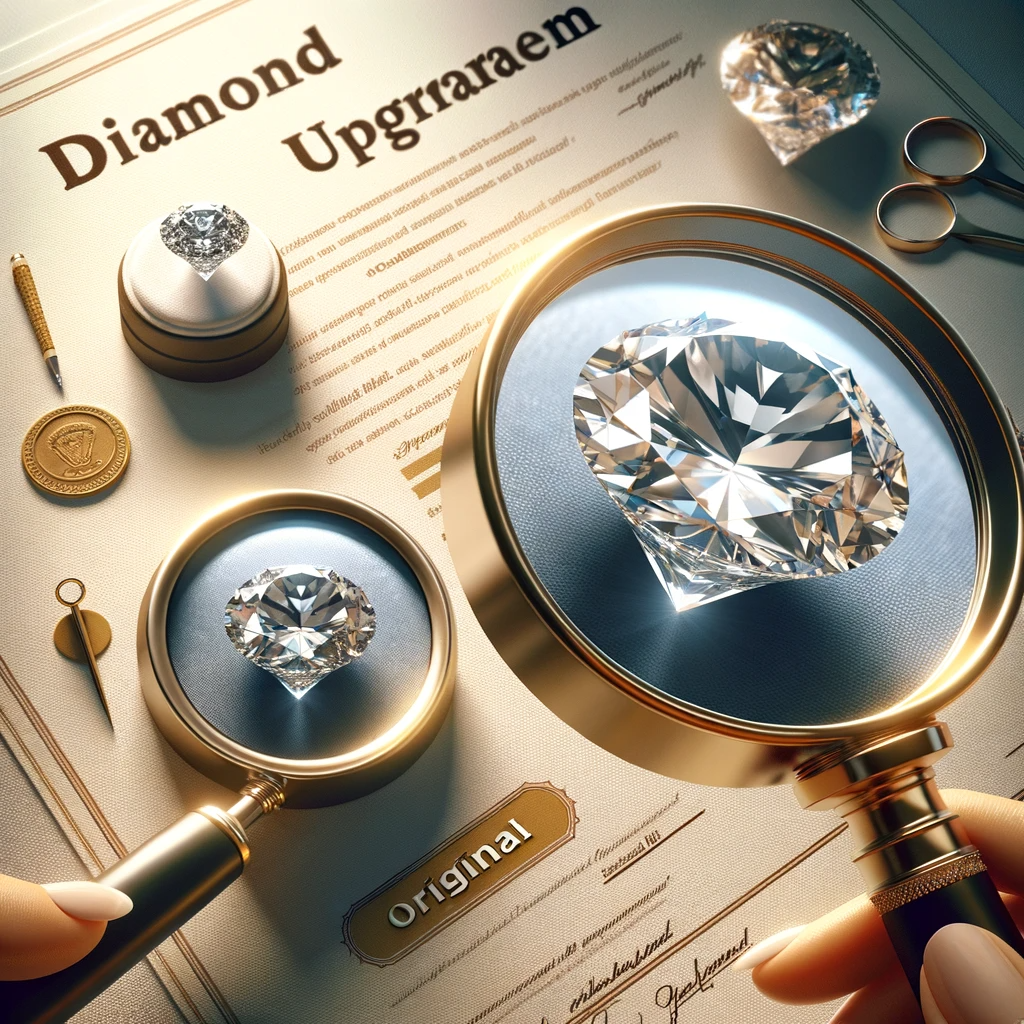
Leave a comment